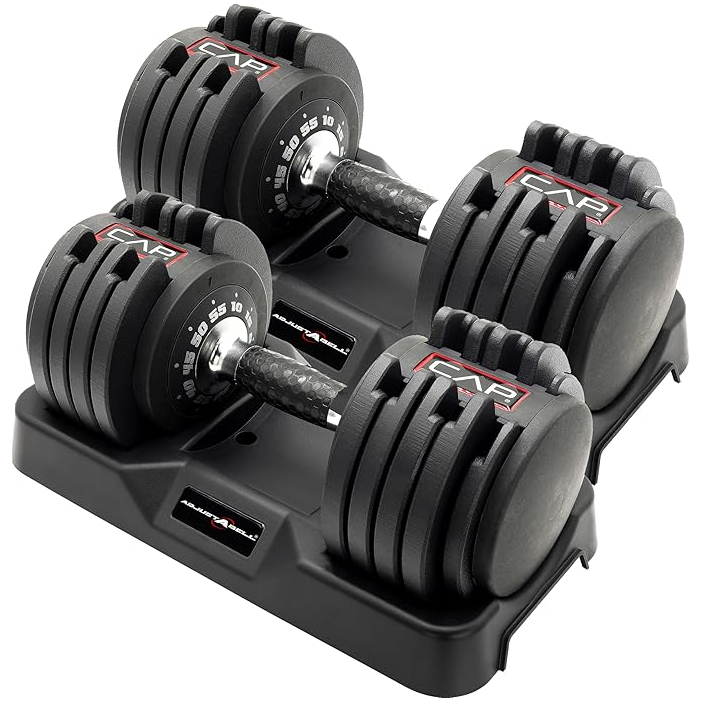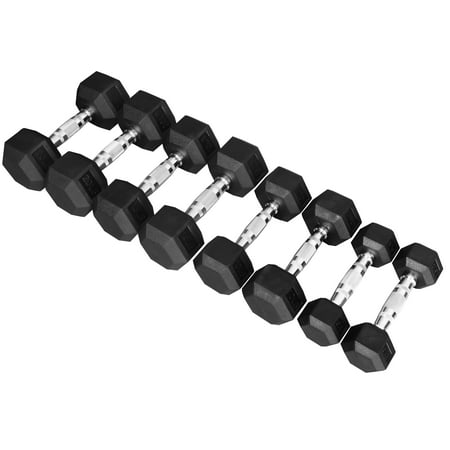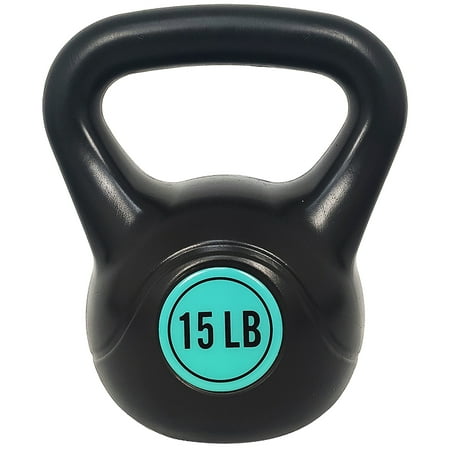Are these the best exercises runners aren't doing? A trainer breaks down his four favorite moves to develop strength and speed
Strengthen and stabilize your ankles, knees and core with this trainer's exercise routine for runners
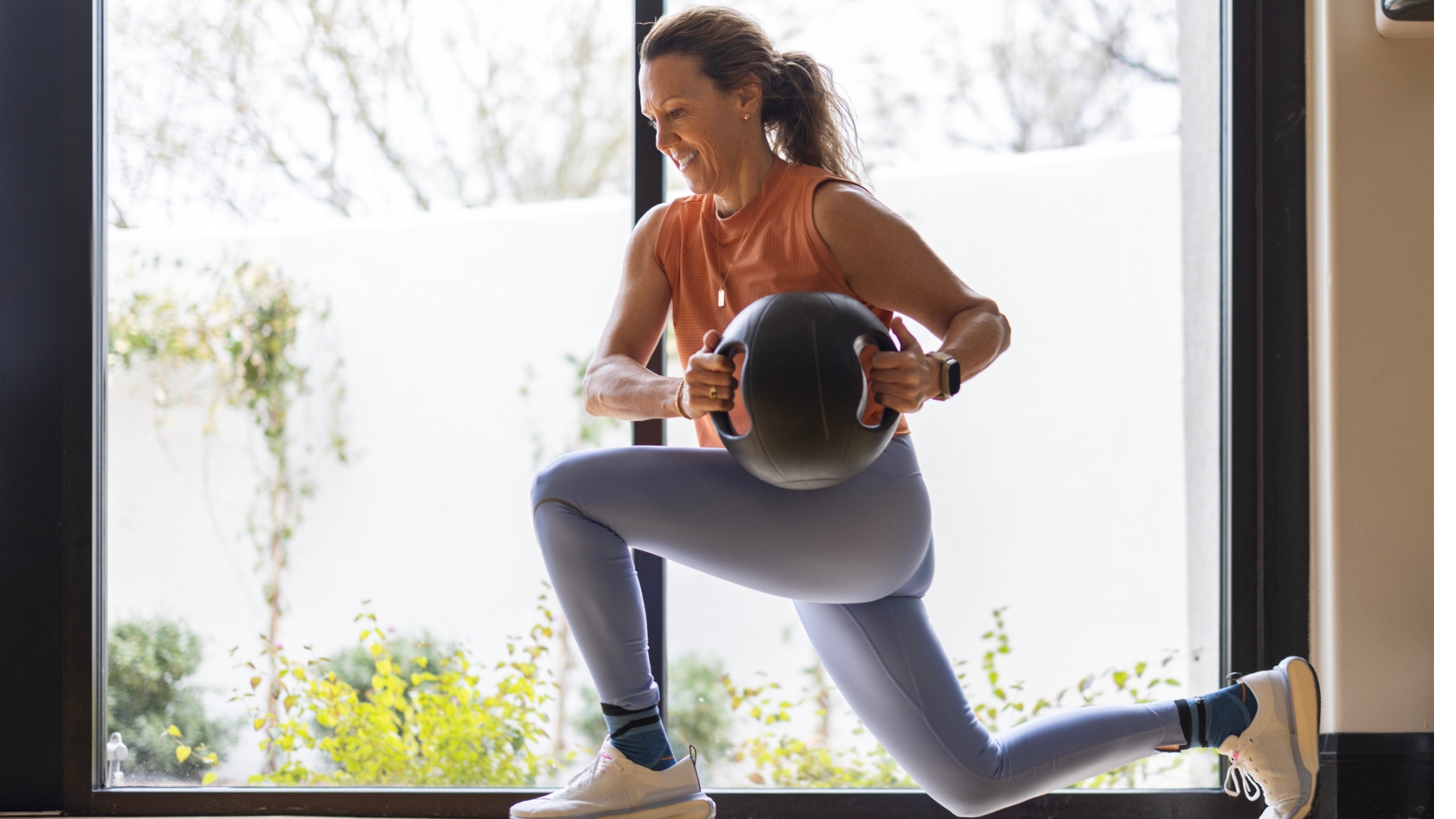
To get better at running, most of the time you need to do more running. But your body needs to be able to handle the extra running without breaking down, which is where running-specific strength training can help. This type of supportive work can also improve your running performance.
James Stirling, aka London Fitness Guy on Instagram, is a firm believer of this adage and he recently shared four moves he's been doing to enhance his running performance.
Each move, he says, has been cherry-picked to improve lower leg and core strength and stability—crucial ingredients for running faster and avoiding injuries.
Having given them a try, I can vouch that unlike the standard lunge, squat and calf raise that feature in most strength training plans, these moves offer a more unique challenge.
Below I've detailed each exercise, providing a form guide with sets and repetitions so you can use them to complement your weekly running routine.
Four strength moves to add to your running training
A post shared by James Stirling - HOME WORKOUTS 💪🏻 (@london_fitness_guy)
A photo posted by on
Stirling demonstrates the four moves, providing a quick soundbite on their strength-building benefits.
If you're a complete beginner, I recommend using your bodyweight. Introduce light loads with one or two dumbbells or a kettlebell once you're comfortable with the form. For the third exercise, nix the jump altogether until you feel strong enough to introduce it. Try the fourth move with just your bodyweight at first to familiarize yourself with the technique.
Get the Fit&Well Newsletter
Start your week with achievable workout ideas, health tips and wellbeing advice in your inbox.
Aim for two to three rounds of this circuit, resting for 30 seconds between exercises. Once that becomes too comfortable, you can increase the load, reps or rounds.
Perform these moves on days when you don't have a run planned, especially because they are slightly unconventional, allowing your body to recover fully before pounding the pavement.
1. Lunge with rotation
Reps: 8-10 each side
How to do it:
- Hold a weight in both hands in front of your body.
- Take a big step back with your right foot and bend both knees to lower, while rotating your torso to the left.
- Tap your right knee lightly on the floor then reverse the movement to return to the start.
- Perform all the reps on one side then switch sides.
"This exercise uses a movement pattern that mimics spinal counter rotation while running," says Stirling in the video. This will develop core strength that helps resist fatigue in the lower back on long runs.
2. One-arm shoulder raise
Reps: 8-10 each side
How to do it:
- Stand holding one light dumbbell by your side.
- Engage your core and, keeping your arm extended, raise the weight to shoulder height.
- Lower the weight with control and repeat.
- If it feels too easy, increase the weight slightly or slow down the lowering phase of the movement.
This one is a little deceptive. Initially, I felt the exercise target my shoulders when raising the weight, but when I slowed down the eccentric (lowering) phase, I realized my obliques and core were working to maintain a stable posture. Stirling says this "strengthens the core in a way that assists the body in maintaining proper running form".
3. Single-leg squat with jump
Reps: 8-10 each side
How to do it:
- Start in a split stance with most of your weight on your front leg, while the back foot is lightly in contact with the floor.
- Bend both knees to lower.
- Drive up powerfully through your front foot and jump straight up, bringing your rear leg forward so the knee comes to hip height.
- Land softly in a split stance.
Go easy with this one as you build strength and stability through the ankle, knee and hips. "The single-leg squat with jump is a great exercise to build lower-body strength whilst also developing ankle stability and pelvic stabilization," says Stirling. Take your time and focus on driving vertically with power, while slowing down the move once you land to maintain balance.
4. Tip-toe walk
Reps: 8-10 each side
How to do it:
- Holding weights, rise onto your toes and bend your knees.
- Keeping your heels off the floor, torso upright and back flat, take small steps forward.
- Stay low throughout to maintain tension in your quads muscles.
I found this loaded carry variation a real challenge to my quad and calve muscles—in a good way—while providing some added TLC for my knee joints. "These weighted tip-toe walks are great for building strength in the soleus by using a bent knee position and maintaining tension in the muscle," says Stirling.
Shop home weights
New year, new discounts on exercise equipment at Walmart. Here are our picks of the dumbbells and kettlebells on sale.

Sam Rider is an experienced freelance journalist, specialising in health, fitness and wellness. He is also a REPS level 3 qualified personal trainer.
-
 Do your gut a favor with this dietitian's gut-friendly veggie-filled fried rice recipe
Do your gut a favor with this dietitian's gut-friendly veggie-filled fried rice recipeKeep your tummy happy with this flavorful twist on a favorite
By Lou Mudge
-
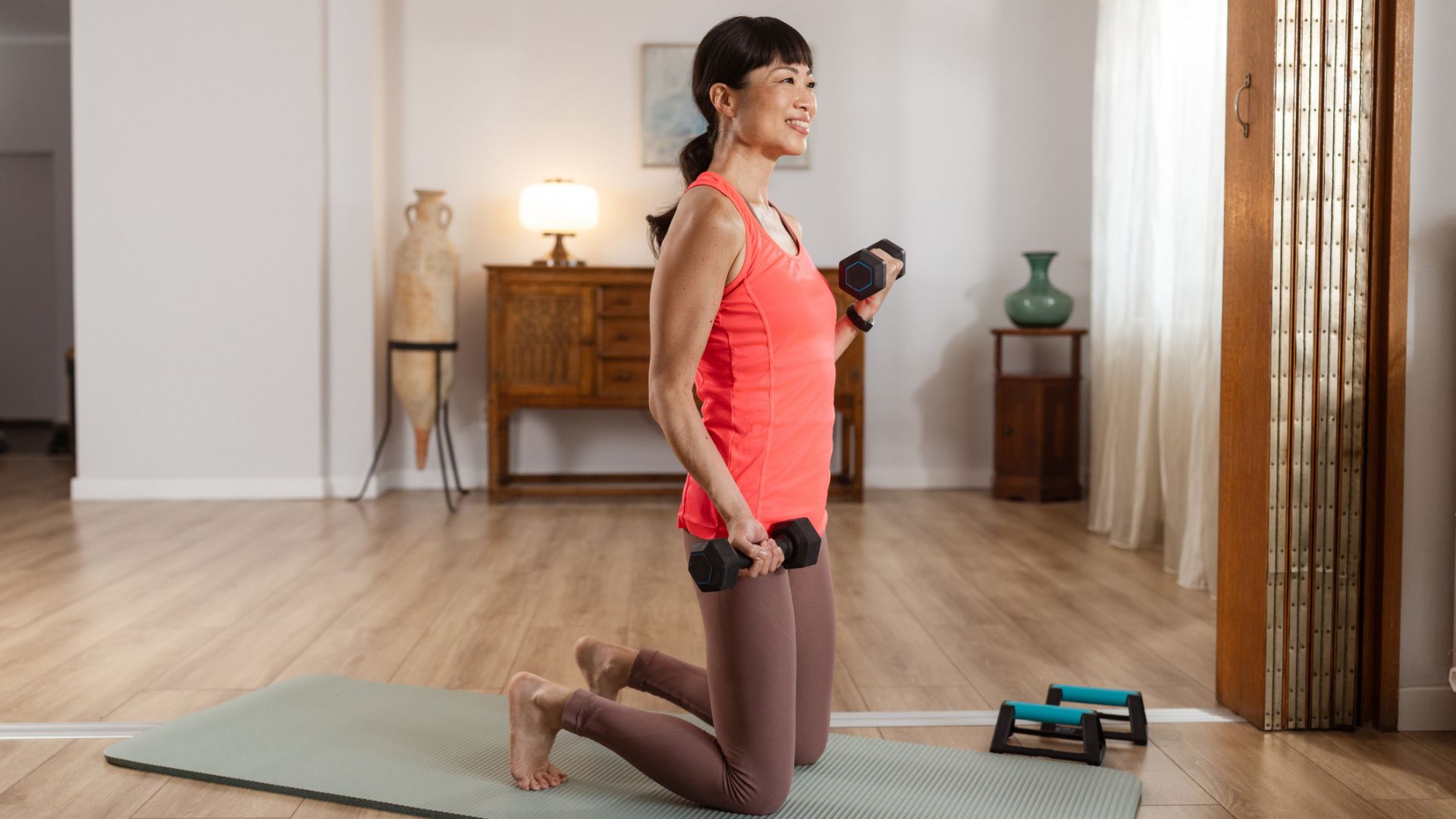 I’m a personal trainer and these are some of my favourite exercises to build core and upper body strength at home
I’m a personal trainer and these are some of my favourite exercises to build core and upper body strength at homeAll you need is a set of dumbbells for this kneeling workout
By Maddy Biddulph
